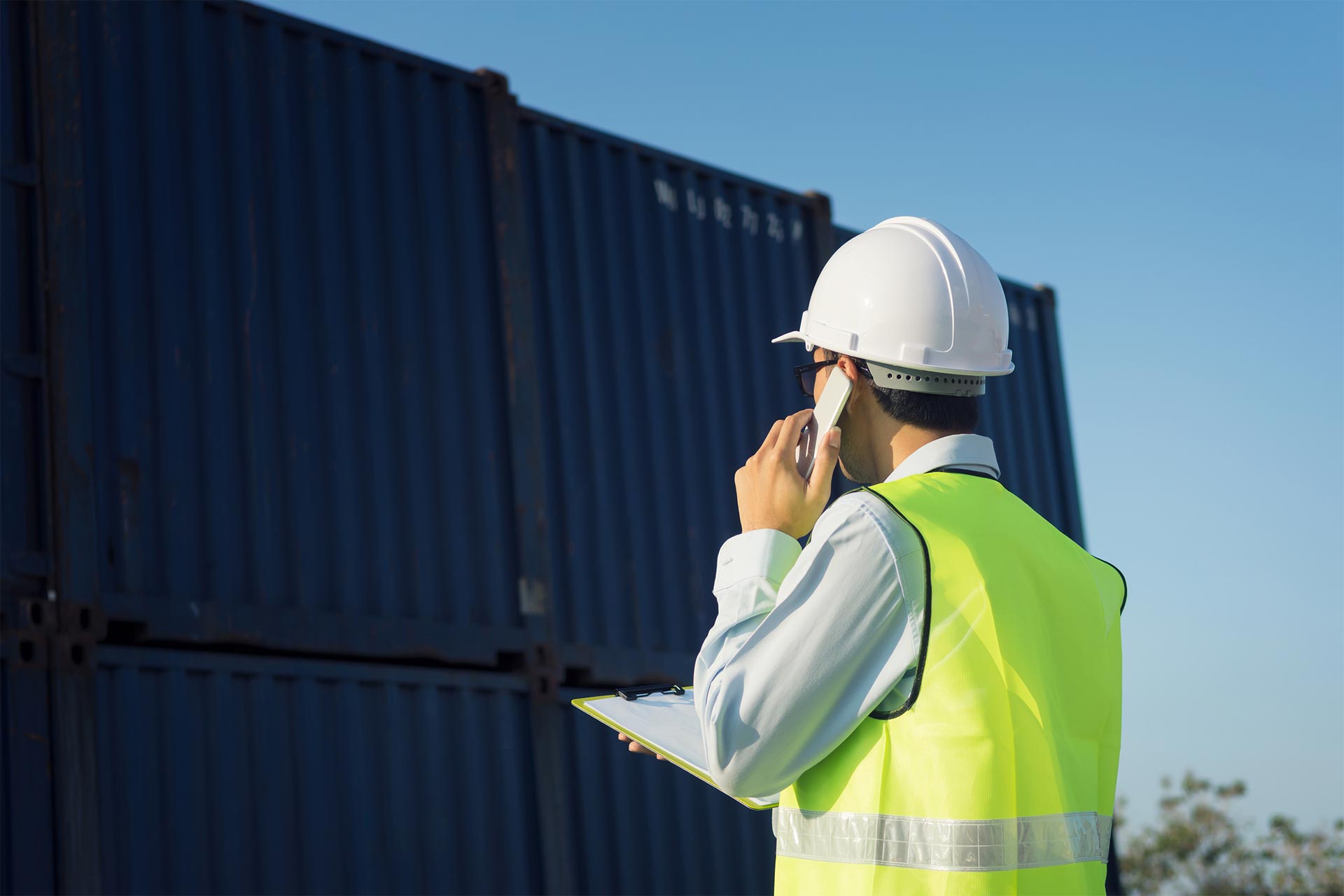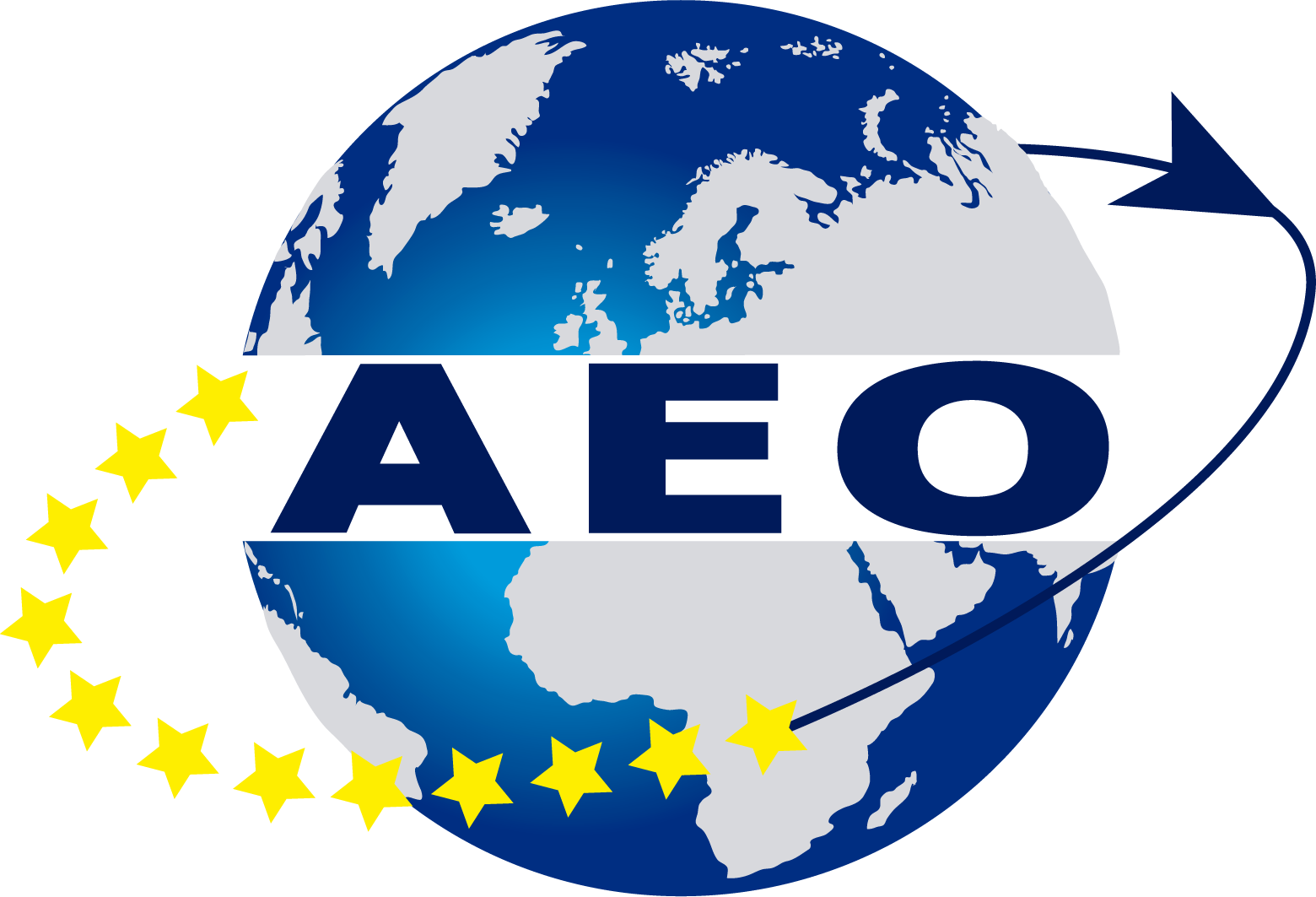Shall we have a cup of tea?
Story of a customs consultation
You know that feeling you get when you’re an entrepreneur, and you decide the time has come to take on a new challenge? It’s a spark we have often seen in the eyes of our customers.
The morning in question was one of those occasions when we thought to ourselves “OK, he’s going for it.” Carlo (not his real name – Ed.) had been running his business for years in his home region of Piedmont, importing black tea and selling it in Italy. We at Sat had been helping him to import the raw material for some time.
When he called us, his voice sounded different: he had decided to expand his business and broaden the range of products to include green tea as well. And not just any product: these leaves came straight from Sri Lanka, from a plantation right next to the land owned by Queen Elizabeth herself, which yields the very tea served to the Queen herself each day. A remarkable story!
We instantly set about ensuring he received in-depth advice on customs issues, so he would be able to weigh up the final cost of the product and decide whether he’d be able to sell it on the market. Unlike black tea, green tea is subject to import duties which can only be lowered by obtaining Rex certification, the system for exporters authorised by the European Union.
It was to mark a new chapter for both us and Carlo. He decided to ask us to proceed, thereby plunging us headlong into another entrepreneurial adventure.
The first shipment was about to arrive at Genoa port after a long journey on a merchant navy ship full of containers.
Carlo sent us the policy, the foreign invoice and the packing list: the phytosanitary certificate of origin, Rex enrolment and the product labels, describing its characteristics and expiry date. Now it was all down to us. We obtained the sanitary permit for him, requesting it from the Tracesnt website, and when the goods were unloaded, we set about making the customs declaration.
But the response from Customs wrongfooted Carlo: they wanted to run a conformity check on the goods. We know all too well that it’s something that can worry importers, but it’s a common enough practice, and one which experts know how to handle. It’s an everyday occurrence in our line of work.

We immediately offered to help Customs with the document inspections: everything was in order, and correctly presented. Carlo breathed his first sigh of relief, and we focused on the inspection proper: we visited the terminal, coordinated efforts with Customs for moving the container into the inspection areas, and our man went along in person to help the Customs official when they opened the container.
At last, Carlo could relax: the goods were pronounced compliant, and the ball passed to our operations offices for arranging transportation to the company’s warehouses.
So, next time you order a delicious green tea on a winter’s afternoon, remember: there is a little bit of our work behind the teabag you are about to put in the pot.





